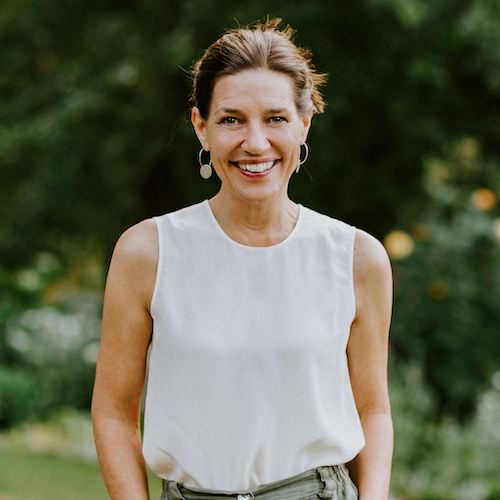
I had a little epiphany last week. I’m pretty sure I’ve had the same epiphany a few times before. Which could mean that I’m a slow learner, but I suspect most of us are when it comes to our blind spots.
Chris and I were planning our weekend and talking about what we could fit into our Saturday. While we talked, I recognised a significant difference in the way we manage our time. Being an eternal optimist, my tendency is to take on way more than what’s possible, and Chris, who’s more of a realist, plans a quarter of what I do.
The lesson for me that day – and one that I need to remind myself of time and again – is not to overcommit. Which I find kind of hard because there are never enough hours in a day and probably not enough years in this lifetime for me to do everything I’d love to get done.
If I’m not careful though, this can become a problem for me. I’m particularly at risk if I’m oblivious to it.
Blind spots often aren’t really ‘blind’ and they’re not always negative – sometimes we’re oblivious to our greatest gifts too, but that’s a conversation for another day. Often we actively choose to overlook them but when we continue to do that, they can be barriers to our success.
How do you spot them?
A regular meditation practice will help. If you’re not inclined to meditation, at least set an intention to be mindfully aware of your behaviour for the next few days and keep the following list of typical blind spots in mind to see if you can catch yours.
- Habitual procrastination
- Avoidance (of conversations, tasks, anything that’s unpleasant or uncomfortable)
- Hiding (playing small, not speaking up for yourself, being generally timid about life)
- Making excuses (blaming others, feeling like a victim or a failure before you’ve even given something a go)
- Perfectionism (waiting until circumstances are perfect or you have another qualification before starting, not trying new things for fear of getting it wrong or not being really good at something)
- Being disorganised (lacking focus, having no order in your personal life, messy environments and habits)
- Personal characteristics (such as being moody, blaming, aggressive, intolerant, impatient, angry, overly emotional).
What do you do once you identify your blind spots?
You can either accept them for what they are and make peace with your imperfections (this might be an opportunity to be more compassionate with yourself) or you can begin to make small changes if you know they’re not working for you.
As with all aspects of personal development, the first step is awareness. You’ll find it easier to catch yourself in the moment once you’ve uncovered and named your blind spots and you’ll find that over time, it becomes easier to make a proactive choice to behave differently.
You may like to begin by simply being aware.

